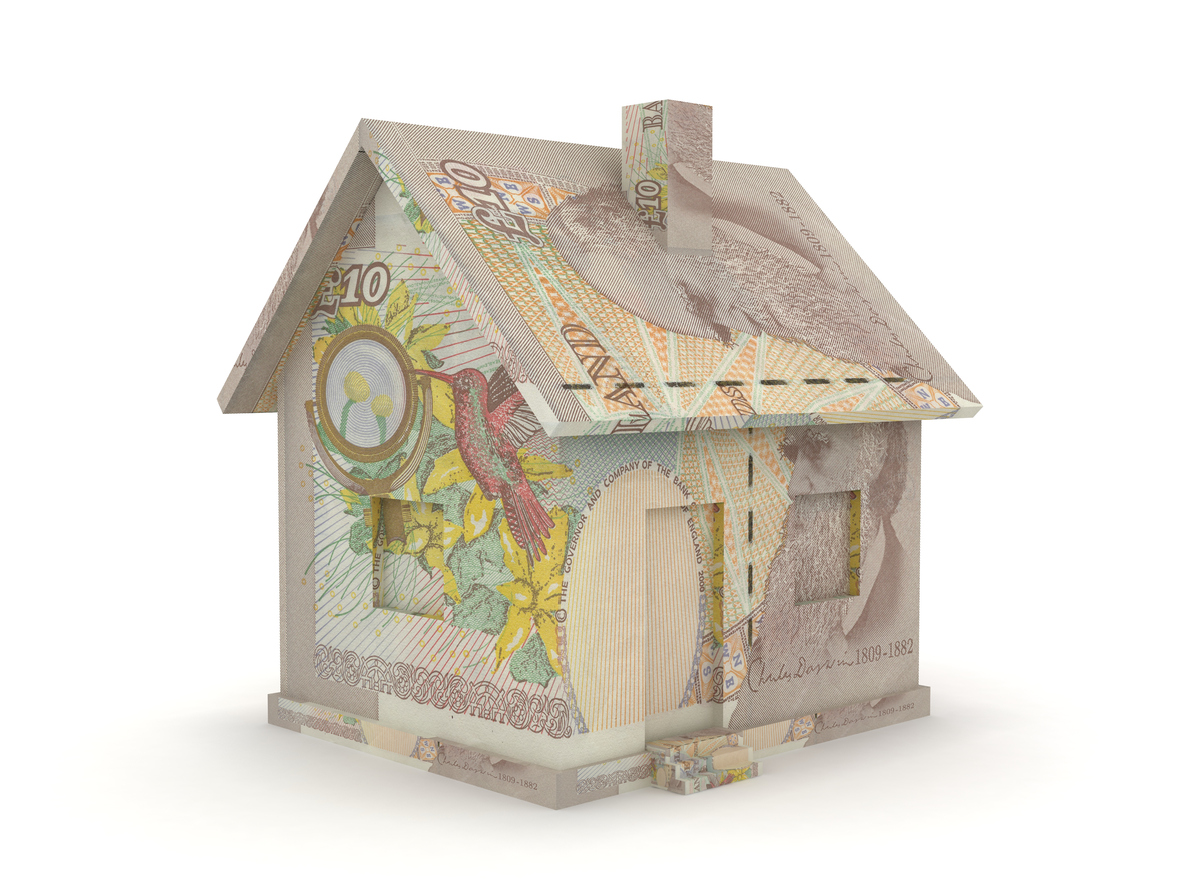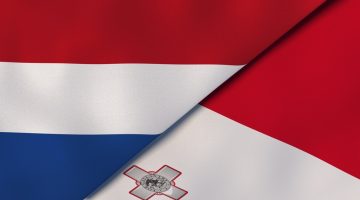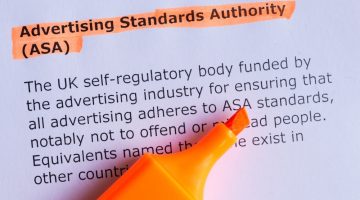How You Can Navigate Your Debts Through Bankruptcy In Scotland

How You Can Navigate Your Debts Through Bankruptcy In Scotland
Bankruptcy in Scotland, refers to a legal process in which the Accountant in Bankruptcy or a court of law declares a person bankrupt. Immediately a person s declared bankrupt, his or her assets are put under the control of a trustee with the purpose of ensuring that the persons you owe are paid. A person can apply for bankruptcy in Scotland if he or she is unable to settle the debts owed to creditors.
There are two ways bankruptcy can come into effect; the person in debt or the creditors can apply for bankruptcy. However, your creditors will have to show that you owe them at least £3,000 for them to make such an application.
Its worth noting that bankruptcy is just one of the many options you can use to help resolve your debt problems. If you are considering bankruptcy, you will need to discuss with a financial adviser to help determine the best options for you.
When Is Bankruptcy a Good Option?
Bankruptcy applicable in the following circumstances:
- If you have no money — This means you either have little or nothing in your hands that you might take a lifetime to repay your debts.
- If you owe at least between £1,500 and £17,000 and little or no disposable income or have fewer assets, you might want to apply for the Minimal Assets Process (MAP) form of bankruptcy. This is usually the case if income from benefits is the only source of your income.
- If you have at least £3,000 of debt – If you owe at least £3,000 and you are unable to apply for the Minimal Assets Process bankruptcy, you or your creditors may apply for standard bankruptcy
- If you have challenges dealing with the people you owe money — if you are under immense pressure from your creditors such that you straining, you may need to consider bankruptcy.
- If you do not have any chances of getting extra money — bankruptcy could be your option if your financial situation is unlikely to change in the foreseeable future.
Benefits of Bankruptcy
Bankruptcy may have the following advantages:
- Reduced contact with your creditors since it is the trustee who will be dealing with them
- You will be cushioned from enforcement actions-applying to the accountant in Bankruptcy will stop your creditors from taking any recovery actions. This is referred to as a ‘moratorium’ and usually lasts for six weeks. People who are bankrupt are allowed to apply for this special protection once every year. When the moratorium comes into effect, your creditors can no longer recover or charge your bank account(s). This is often the case if you have plans to set up a trust deed or are seeking a debt repayment programme as provided for under the Debt Arrangement Scheme.
- Possibilities of eliminating your debts- after successfully defending your application, most debts are wiped out. Bankruptcy is usually discharged (comes to an end) after 6-12 months depending on the type of bankruptcy that you have applied for. However, not all your debts will be wiped out. For example, student loans and fines charged for committing crimes will not be written off.
- Stoppage of current enforcement action-if there are any arrest orders or court orders pressing you or your employer to pay your creditors, such actions will stop immediately after being declared bankrupt.
Downsides of Bankruptcy
- Your creditor ratings are likely to be affected for some years to come, making it a little harder for financial institutions to extent credit to you in the future.
- You will need to make regular payments, especially if you are assessed and found to have the ability to make such contributions towards settling the debts. Where you are unable to do so, your trustee may contact your employer to have such remittances deducted from your benefits.
- In some cases, bankruptcy involves the person applying for insolvency selling some or all of the hard-earned property such as a home.
- People declared bankrupt cannot hold certain positions in the public service, in the financial sector and may not serve as directors in companies.
- You are limited on borrowing money to certain levels lower than if you were not bankrupt
- Any new property or money, including PPI compensation or inheritance gotten within 4 years of bankruptcy may be claimed by your trustee.
Alternatives to Bankruptcy
As pointed out in earlier in the previous section, bankruptcy is just one of the options you can take when you want to navigate your debt problems. When you are faced with challenges of staying ahead of your repayment and do not see the likelihood of paying up, you have a number of options to fall back to. Some of them include debt repayment programme, protected trust deed, agreement with your creditors, and debt consolidation.
Debt payment programme
This is provided for under the Debt Arrangement Scheme (DAS) in which a debtor is able to settle the debt in full within a reasonable time. This option is preferred by many people since you do not have to sell any of your assets to pay the debt.
Scottish trust deed
This option is almost like bankruptcy in the sense that your assets and money are put under a trustee’s control for onward remittance to your creditors. However, the difference is that you will be expected to make regular contributions for 4 years towards your debts.
This alternative approach to debt management is appropriate if you have a substantial amount of disposable income to enable you make regular contributions. In addition, your debt should be at least £5,000. The good news about this option is that your career chances will not be affected the same way bankruptcy would affect you.
Voluntary agreement directly with creditors
This is where a debtor arranges with his or her creditors to settle the debts. You will need to prove to your creditors that you are in control of your finances and that you will need to negotiate will all the people you owe to allow you schedule a repayment plan. This is because any one creditor who doesn’t agree to your proposal can go ahead and institute recovery actions against you.
Debt consolidation
This is perhaps the most popular and sought-after option by many debtors struggling with debts. It is where an indebted person borrows money from a lender in order to pay off all other existing debts. It is sometimes called refinancing. It means one will have to agree to pay a higher interest rate for a longer time than in all other options. where you borrow money to pay off existing debts.
This is also called re-financing. However, the good thing about debt consolidation is that you will have only one repayment every month instead of having to make several payments. In addition, you will reduce the amount of pressure that comes with dealing with many creditors such as taking phone calls and the pressure of reminders.
What are the Frequently Asked Questions about Bankruptcy?
Bankruptcy can be a real challenge since many people do not understand what comes with it. Many people keep asking crucial questions regarding bankruptcy in Scotland in order to make an informed decision based on knowledge. Here are some of the frequently asked (F.A.Q’s) on bankruptcy and answers to help keep you on the know:
FAQs
- Will I be Expected to pay contributions?
Your trustee and bankruptcy attorney will help you assess your income and expenditure to establish if you have surplus incomes after considering your monthly expenditure. If you have some income left, you will qualify to make such contributions. You will not pay if you do not any extra amount left. However, if your financial situation changes, you may be needed to adjust your contributions accordingly.
- Will my home be affected?
You will need to check your tenancy agreement to see if there is any mention about bankruptcy since some agreements may contain clauses giving your landlord the free will to terminate the agreement if you become bankrupt.
However, you will continue paying your rent even after you have been declared bankrupt. For people who own a home that has equity (the difference between the sale and mortgage), such a property is usually sold. Where you own a home jointly with someone else, the trustee will give you the option of selling the home or seek a court order to allow for the selling of the house and your portion of the proceeds recovered towards your debts.
- What if I run my own business?
If you are a sole proprietor and declared bankrupt, the trustee may:
- Take over the venture and run it in the best interest of your creditors
- Grant someone else a license allowing him or her to run the business
- Sell the venture as a going concern, or
- Sell the assets of the business and close the operations
Remember that the actions of the trustee are always in the best interests of the creditors. Therefore, the trustee will allow the business to continue running if and only if there are reasonable chances of making financial gains for the people you owe.
- What will happen to possessions other than my home?
Although you will have to sell some of your possessions, you will still be able to keep a number of them, including households and your car if you prove that you need it for a critical purpose such as using it to go to your work or if it is less than £3,000.
- How much does bankruptcy cost?
You will have to pay a fee of fee is £200 if you are applying for standard bankruptcy and £90 for the Minimal Assets Process bankruptcy.
- Will my Application for British Citizenship Be Affected?
If you are declared bankrupt, your application for British Citizenship will have to be turned down. You may also be stopped from acting as a sponsor for a dependent who wishes to go to the UK.
If you have any questions or are looking for help on how to go about with bankruptcy, please see link for instructions.
Read Also:

Dutch And Maltese Gaming Regulators Signs MoU To Prevent Illegal Gambling
The Purpose of MoU Under the MoU, there will be an enhanced cooperation between the…

Operators Pull Out Japan Casino Plans Amidst Uncertain Gambling Regulations
The casinos needed to submit tedious requirements before legalizing the business and face heavy taxes…

GrooveGaming Extends Contract With BetConstruct
The success of the merger showed a high demand for online casino products. GrooveGaming exploited…

Chile’s Casino Operators Receives Coronavirus Relief From Creditors, Investors
The gambling industry is among the industries which suffered the biggest losses. The casinos shut…

A Total Of 70 Gambling Ads Have Been Found By ASA, UK in Q2 2020 on Sites Familiar With Young Audience
The authority has not yet declared the names of the operators, which have been running…

Shape Games Co-Founder Indicates Their Plan To Go Completely Native
The co-founder states that this transformation is in response to tech-giant Apple's revolutionary announcement made…